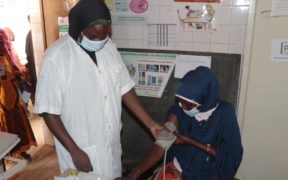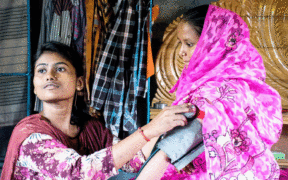Tag:
contraceptive counseling
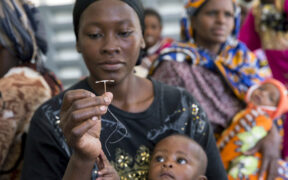
This article highlights the evolving landscape of family planning and reproductive health in Kenya, shedding light on the significant progress made while addressing persisting challenges.
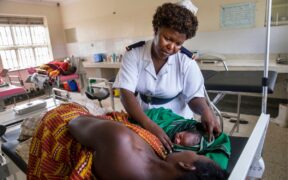
Professionals can discuss various family planning options, educate you about their effectiveness, and help you understand potential side effects and risks associated with each family planning method.
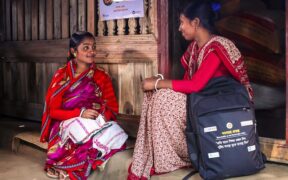
In a society deeply rooted in traditional family customs, it is not common for low-and middle-income families, who live with their parents and siblings together to discuss family planning and reproductive health (FP/RH) practices, it remains a taboo.

Since May 2021, MOMENTUM Nepal has worked with 105 private sector service delivery points (73 pharmacies and 32 polyclinic/clinics/hospitals) in seven municipalities across two provinces (Karnali and Madhesh) to expand their access to high quality, person-centered FP services, especially for adolescents (15-19 years), and young adults (20-29 years).
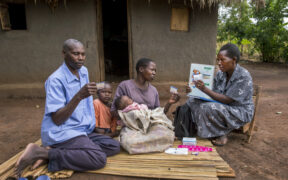
During all stages of reproductive life, men play an important role in conversations and decisions about contraceptive use, family size, and spacing of children. Yet, even with this decision-making role, they are often left out of family planning and contraceptive programming, outreach, and education efforts.
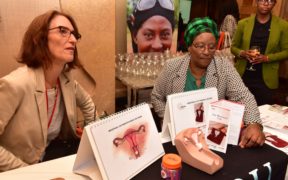
This post will highlight nine recommendations presented by UNFPA’s recent “Technical Brief on the Integration of Menstrual Health into Sexual and Reproductive Health and Rights Policies and Programmes” that are immediately doable, use tools that many AYSRH initiatives already have at their disposal, and are particularly relevant to adolescents and youth.
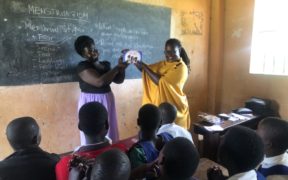
Wii Tuke Gender Initiative is a women- and youth-led organization in Northern Uganda’s Lira District (in the Lango sub-region) that uses technology and culture to empower women and girls from structurally silenced communities.


